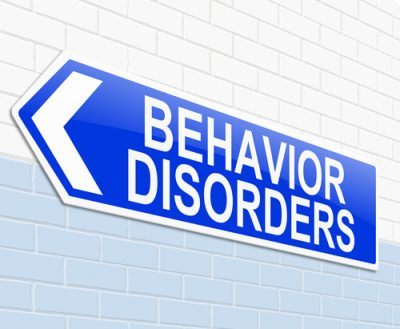The negative effects of chronic alcohol abuse on the body are well known. They include damage to the digestive and gastrointestinal systems including the liver, to the cardiovascular system including the heart, and to the central nervous system including the brain. All of these add up to a significant and dangerous health risk.
There are also psychological and alcohol abuse behavior effects that are no less important or dangerous. Today, we are going to take a closer look at these.
Important Distinctions Between Behavior Disorders
From the outset, it’s important to have a clear understanding of the differences between over-consumption, alcohol abuse and alcohol dependence for addiction.
Over-consumption is when a person drinks too much and may experience slurred speech, slowed reflexes for balance, nausea or vomiting and loss of consciousness. In severe instances of over-consumption, a person can become intoxicated to the point that it is life-threatening. When alcohol poisoning occurs, the respiratory system becomes depressed, and there’s a risk that the person might stop breathing.
Alcohol abuse is indicated by an ongoing and progressive increase in the frequency and amount consumed. Slowly, the consumption of alcohol becomes the top priority in that individual’s life and can eventually lead to alcohol dependence.
Prolonged alcohol abuse that goes unaddressed or untreated will eventually become an addiction to alcohol with a physical dependence and inability to control drinking despite the negative effect it may have. Alcohol addiction is a chronic and serious medical illness that typically requires an alcohol rehab program to overcome.
Behavioral Changes That Often Accompany Alcohol
As a person’s abuse of alcohol persists, you may notice a gradual change in the way they act, the way they live and even the way they think. Some of those changes can include:
- Loss of control over amount consumed once they begin drinking
- Dangerous behaviors that carry the risk of legal, financial and/or health consequences for themselves and others
- Increase in expressions of anger or other emotions, especially in inappropriate settings
- Insomnia, which may be followed by oversleeping
- Impaired performance at work
- Relationship problems
- Violent behavior
- Greater impulsivity
- An overall negative outlook on life
Alcohol Abuse Behavior Alters Personality
Alcohol can cloud a person’s judgment and their ability to consider the consequences of their actions. It can numb the feelings that would otherwise prevent someone from engaging in antisocial behavior.
The brain’s frontal cortex is an area that is most significantly impacted by prolonged alcohol consumption. Alcohol has a depressing effect on this area that is responsible for complex thought processes like reasoning and decision-making.
Alcohol and Neurotransmitters
Neurotransmitters are chemicals that communicate information throughout the brain and body. Signals are sent between nerve cells called neurons to regulate everything from the heartbeat, breathing, and digestion to mood and concentration. There are two types of neurotransmitters: excitatory neurotransmitters that stimulate the brain and inhibitory ones that don’t.
Under normal conditions, the two are in balance in the brain. With the consumption of alcohol, which is a depressant, the balance is tipped to the side of inhibitory neurotransmitters. This leads to some of the effects of intoxication such as decreased attention, mood changes, and drowsiness.
Following prolonged and chronic alcohol abuse, research suggests that the brain tries to restore balance by enhancing excitatory neural transmission. This would explain the change in a person’s tolerance to alcohol and how they must progressively consume more to obtain the same effect. Additionally, prolonged alcohol abuse decreases the function of all neurotransmitters, further affecting behavior.
With proper treatment at a reputable alcohol rehab center, the negative effects of chronic alcohol abuse on a person’s body and mind can be halted. While prolonged abuse can cause some permanent damage, many of the ill effects can be reversed. Call our trained admissions counselors today at 866-349-1770 if you or a loved one needs help with alcohol addiction.

